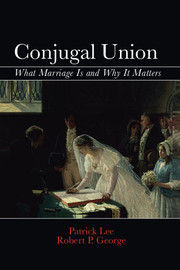2 - Human Nature and Morality
Published online by Cambridge University Press: 05 September 2014
Summary
Sooner or later, in any discussion of the ethics of sex, the following argument – in its basic outlines – will be encountered: “Sodomy, masturbation, and (perhaps) all sex outside marriage are unnatural and, for precisely that reason, morally wrong.” This is a naturalist approach. There are variations within this approach, but its central idea is that the nature of a human being just is the criterion to distinguish morally right from wrong in sexual matters.
Diametrically opposed to this approach is hedonism on sexual issues. According to this view, there is nothing special about sexual acts – other than the intensity of the pleasure and feeling they produce – and no distinctive ethical norms applicable to them. Moreover, the fact that an activity will bring pleasure, or enjoyable experience (which may include more than just physical pleasure), is a perfectly legitimate and worthwhile reason to perform that activity. So on this view, as long as sexual activity is consensual and not overridden by bad consequences (the transmission of disease, for example), it is morally permissible. In this chapter, we show why these views are mistaken and sketch a basic moral theory distinct from naturalism by which to evaluate choices, including those in the sexual domain.
- Type
- Chapter
- Information
- Conjugal UnionWhat Marriage Is and Why It Matters, pp. 11 - 36Publisher: Cambridge University PressPrint publication year: 2014

